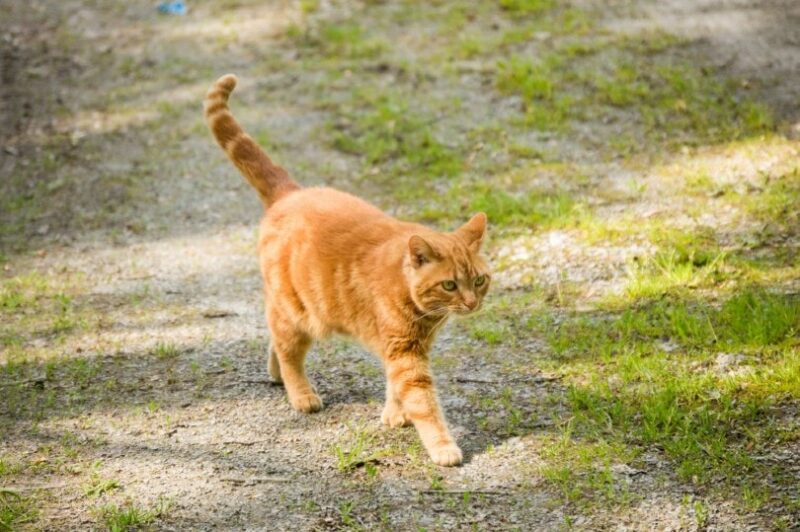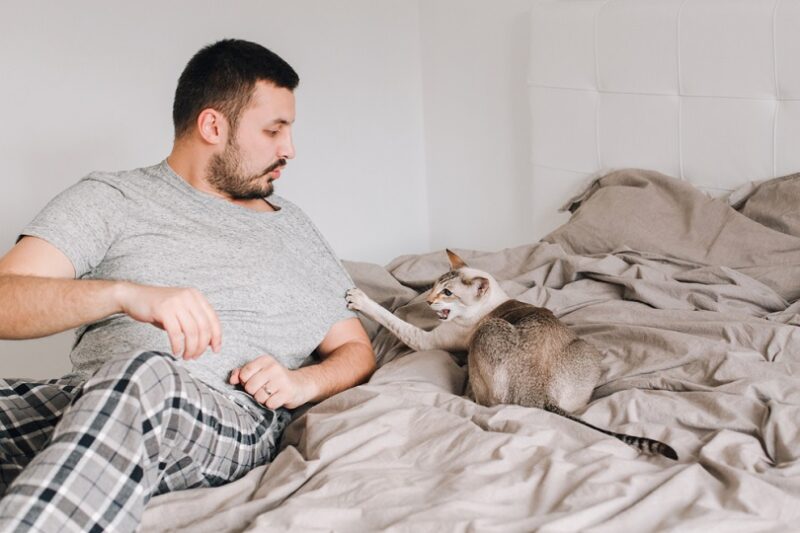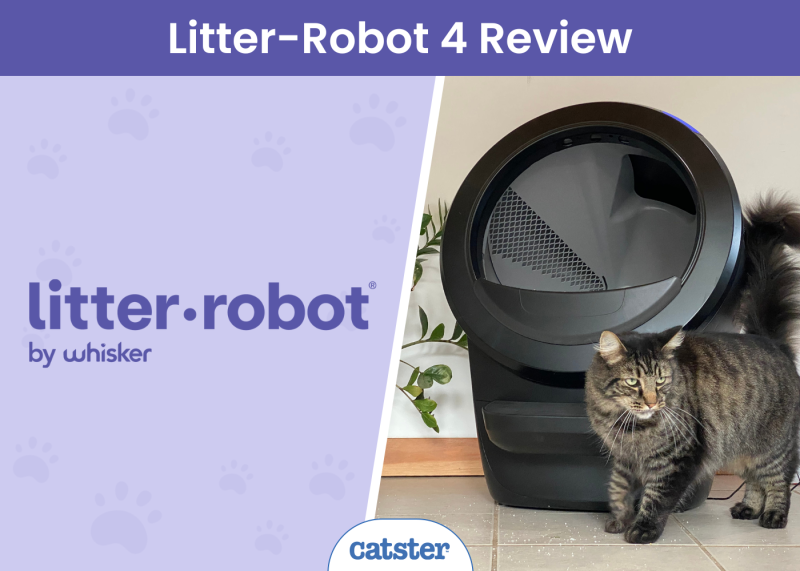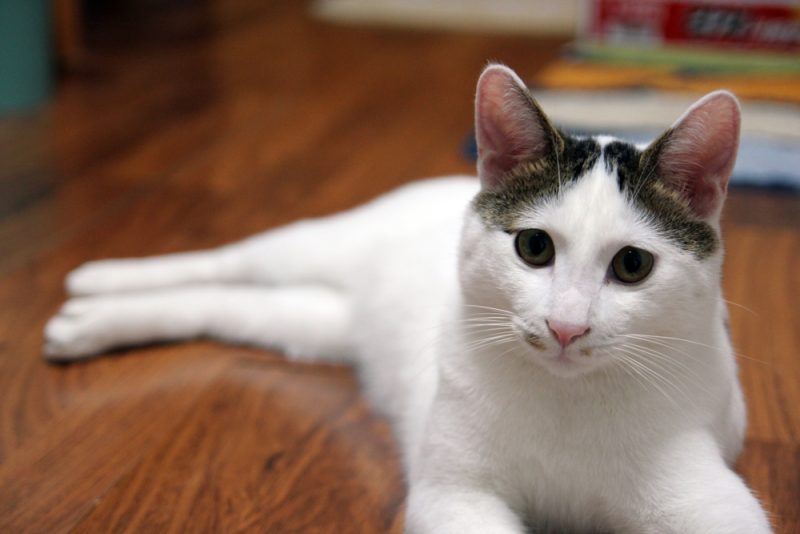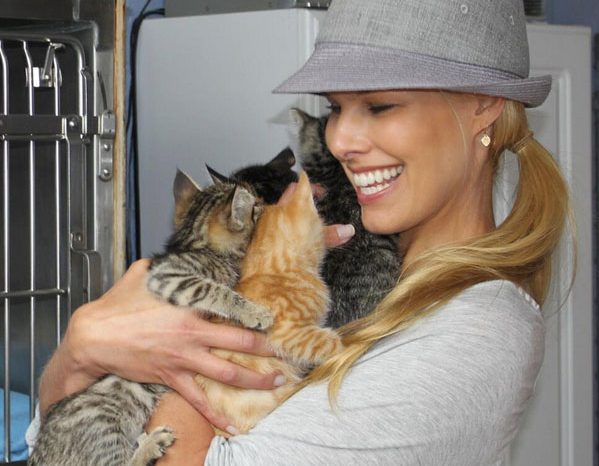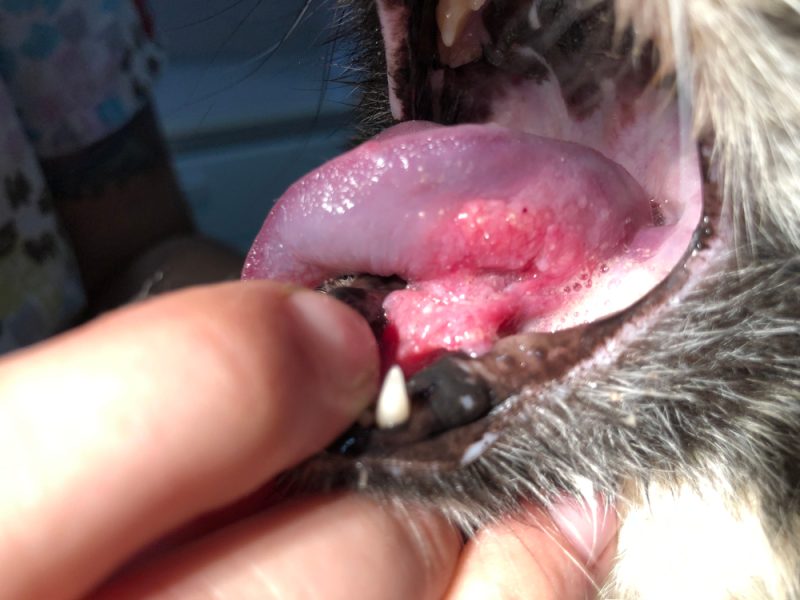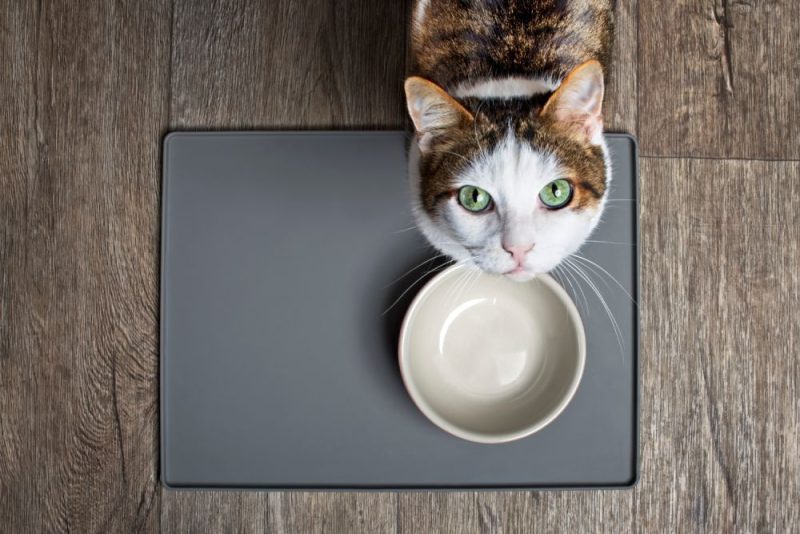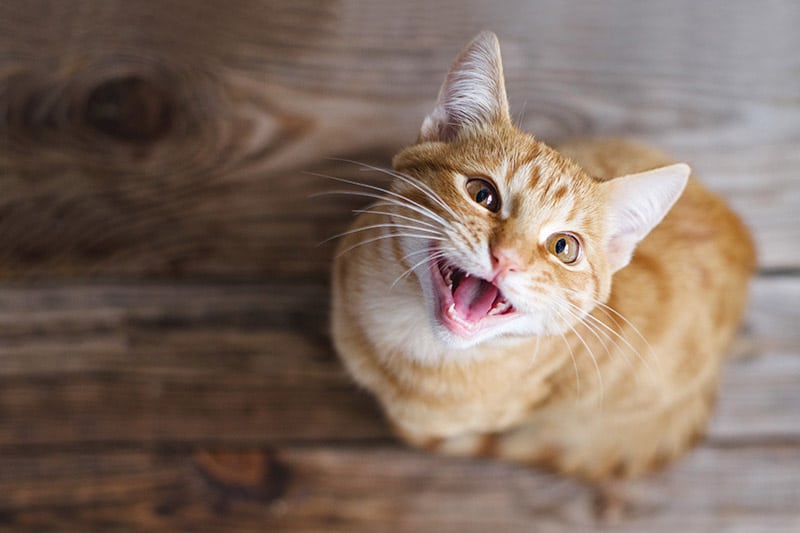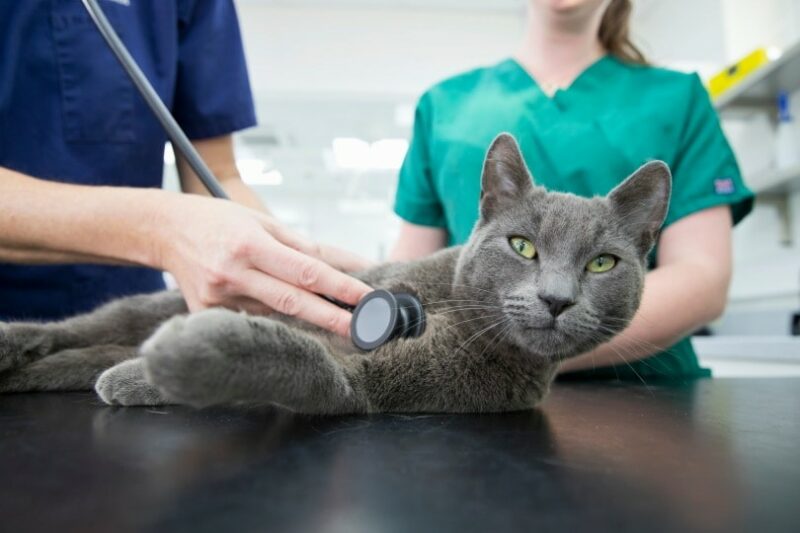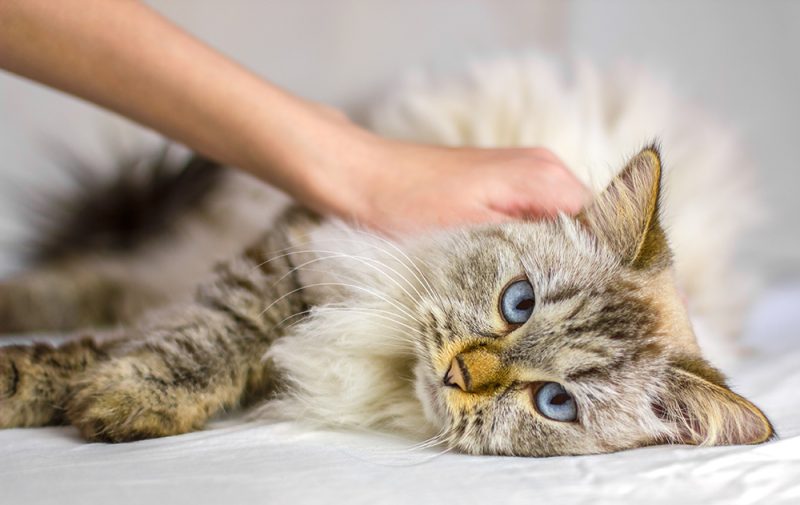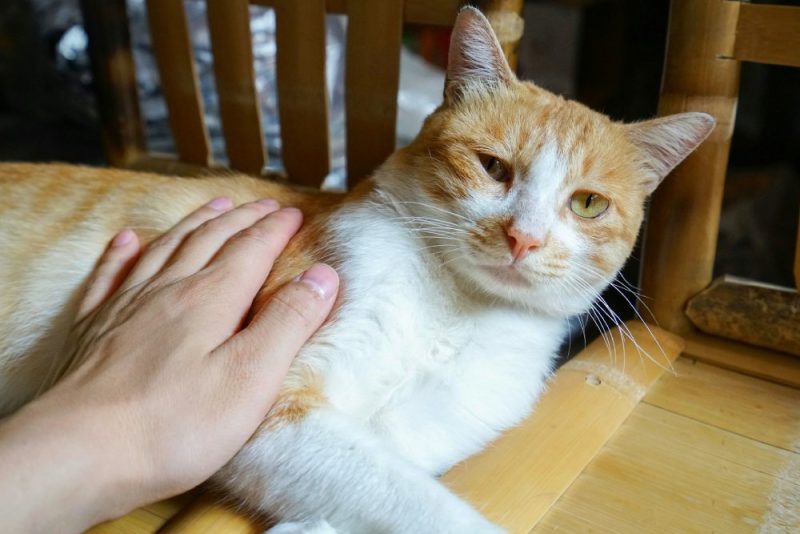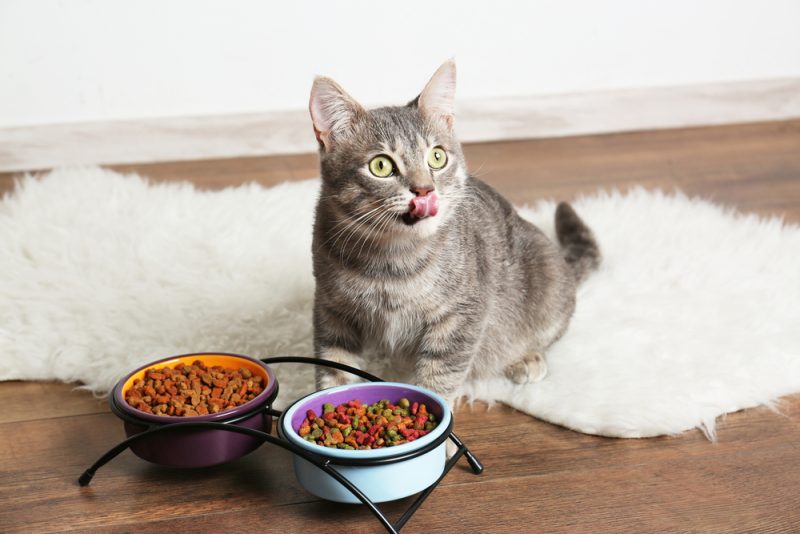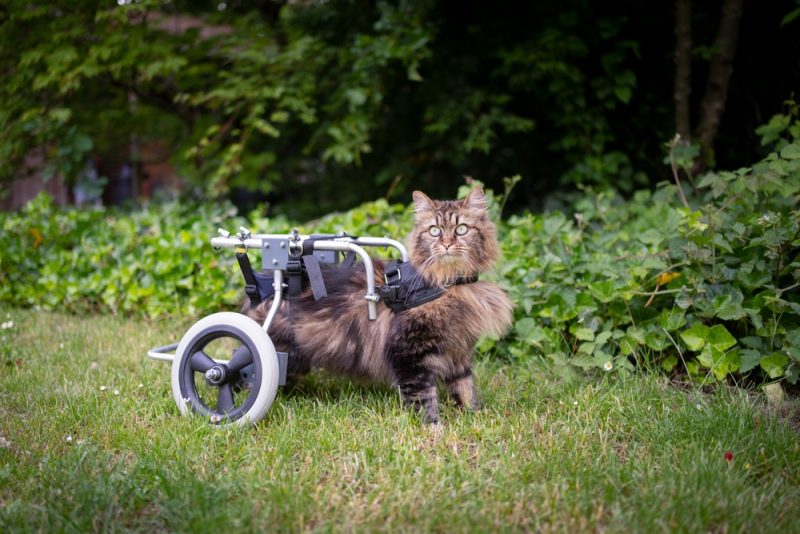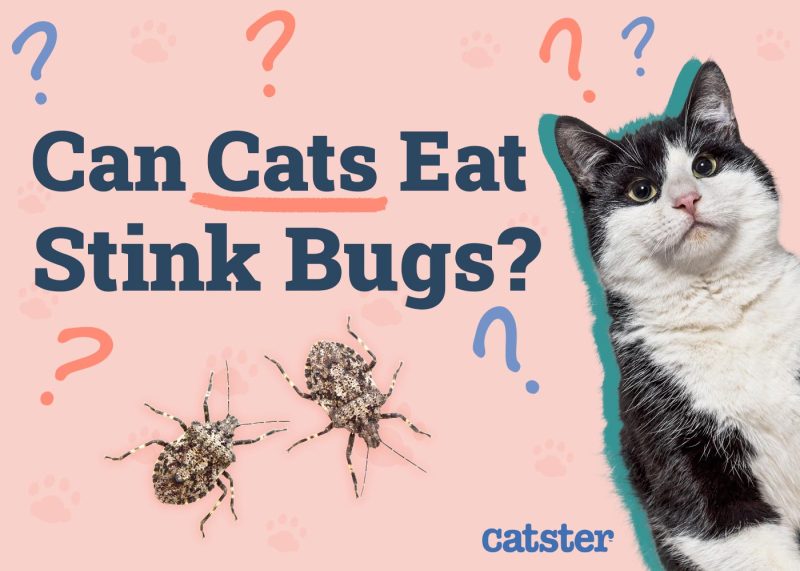In this article
You’ve probably read more than a few stories about the importance of getting enough vitamin D, “the sunshine” vitamin. It plays a critical role in muscle and bone development, nervous system functions, and immune health for humans. But do domestic cats need to get in on this health trend and head outside to catch some rays? The answer is no.
Cats actually don’t synthesize vitamin D as a result of sun exposure. Kitties get their vitamin D primarily through food, and it’s included in all cat food with an American Association of Feed Control Officials (AAFCO) statement of nutritional adequacy. While cats don’t need the sun to make vitamin D, most really love a good nap in the afternoon sun.

Do Cats Need Vitamin D?
Absolutely. Vitamin D impacts several systems in cats. It’s required for phosphorus and calcium regulation. It also strengthens feline bones, nourishes muscles, and supports nervous system function. Many diseases in humans with vitamin D deficiencies can also be seen in cats, including fragile bones.
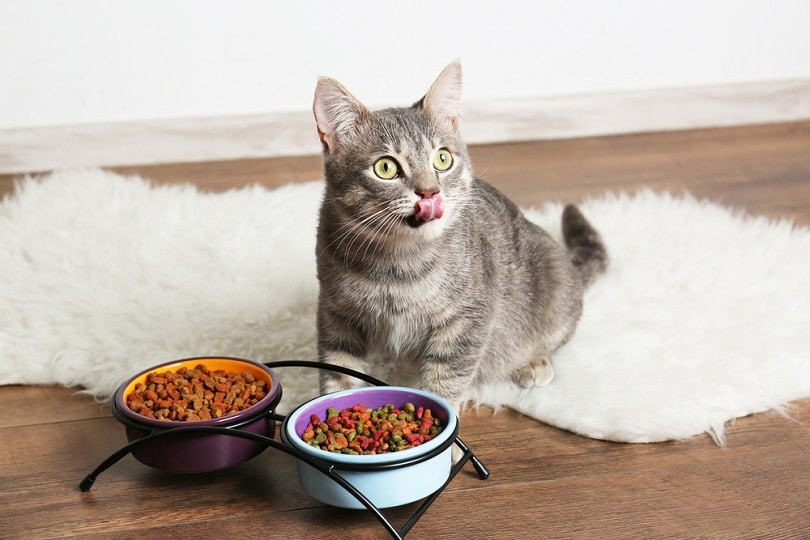
What’s the Best Way to Meet My Cat’s Vitamin D Needs?
It depends on what you feed your cat! Feeding your pet a high-quality commercial diet makes it incredibly easy to ensure they get enough of the proper nutrients, including vitamin D. Pets that eat high-quality commercial cat food with an AAFCO statement of nutritional adequacy almost always get enough vitamin D through their diet. With commercial foods, there’s usually no reason to worry about providing additional vitamin D supplementation.
Cats that eat homemade food may need vitamin D supplementation depending on what goes into the formulations they’re fed. Kitties relying entirely on homemade options to meet their nutritional needs often need supplements to fill a few nutritional gaps. Cats are obligate carnivores and primarily obtain nutrients through animal proteins.
And they also have very specific needs for amino acids like taurine and minerals such as calcium. If you’re interested in making your cat’s food at home, consider consulting with a feline nutritionist who can help you design a nutritionally-complete diet you can craft at home.
What Happens if My Cat Gets Too Much Vitamin D
Vitamin D can be fatal to cats if consumed in sufficient quantities. Vitamin D toxicity often occurs when cats get into human nutritional supplements, consume too much vitamin D-fortified pet food, or are given supplements in addition to their regular commercial diet.
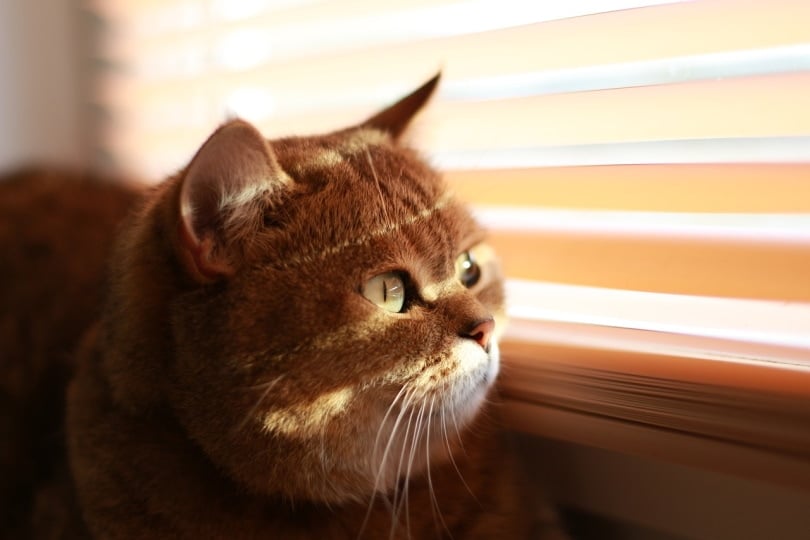
How Does Vitamin D Insufficiency Impact Humans?
People with insufficient vitamin D often feel mentally and physically rundown. Not having enough of the nutrient can cause fatigue and conditions such as weakened bones and depression. Muscle cramps and bone pain are also common. Vitamin D is available to humans through supplementation, food, and sun exposure.
Are Indoor Cats Healthy?
Absolutely, but a lot depends on whether indoor cats get enough mental and physical stimulation. As a general rule, indoor cats live longer than outdoor kitties. Indoor pets tend to live for around 15–17 years, while life expectancy for the average outdoor cat falls between 2 and 5 years.
Unneutered male outdoor cats often get into fights with other felines while defending their territory. And altercations between outdoor cats and wild critters such as raccoons occur relatively frequently. Kitties that roam are also highly vulnerable to being hit by a car while crossing the street. And they often come into contact with unvaccinated animals and parasites, increasing their risk of developing diseases such as feline leukemia and distemper.
Indoor cats can’t get their exercise through prowling the great outdoors, but they still need physical stimulation and fun. And it’s possible to provide indoor cats with plenty of entertainment and exercise. Playtime is vital when it comes to keeping indoor cats happy. Regular play sessions get your cat up and moving, allowing them to run, jump, stalk, and pounce with abandon. And they’re also a great way to bond with your cat.
Perches, cat trees, and elevated places provide pets with opportunities to climb and be active. Scratching posts offer cats appropriate places to let loose with their claws, and interactive toys and food puzzles deliver fun and a dose of mental stimulation!
If you really want your cat to be able to enjoy the great outdoors safely, you can always train them to walk on a leash. Most cats can be trained to walk on a leash with a bit of patience and a few treats. Invest in a well-fitting harness if you plan to take your cat outside for supervised walks. Harnesses distribute pressure over your cat’s body, and the leash usually connects between the shoulders, making it a safer option if your cat gets stuck or starts to pull.
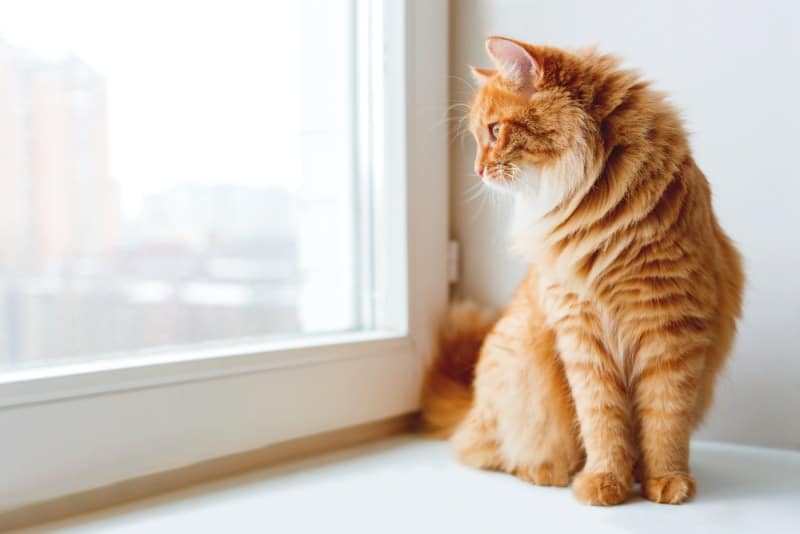

Conclusion
Cats don’t technically need sunlight to survive, and they don’t require it to synthesize vitamin D like humans. High-quality commercial cat food contains all the vitamins and minerals most cats need to be healthy. There’s usually no need to worry about whether your pet gets sufficient nutrients if they’re eating a good commercial diet.
While keeping your cat indoors is fine, it’s critical to provide exercise and plenty of interactive toys to keep your pet engaged and active. And if your cat still wants to head outdoors now and then, consider training them to walk on a leash so you can supervise their adventures.
Featured Image Credit: Jenny Margarette, Shutterstock
